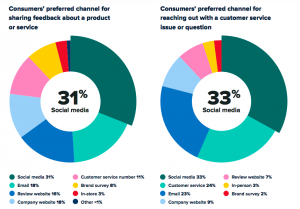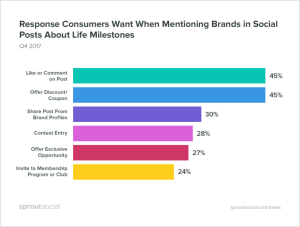
Employees might associate the word “generous” with a CEO mainly when it comes to financial matters — bonuses, raises, perks. But business leaders that willingly give their time and attention to employees will likely earn respect and gratitude.
Here are a few ways to earn a reputation as a generous leader.
Consider visibility.
When a top executive takes note of an accomplishment by someone further down the chain of command, it can mean a great deal. Not just in reaching out with a pat on the back, but just the fact that the work was noticed. James Manktelow writes about this sort of access in a story for mindtools.com.
“Giving people visibility in your organization is a special gift we bestow to help others shine and grow,” he writes. “I encourage you to think how you might give people more access to senior executives, and more access to your boss. Consider as well that people like to know that their boss’ boss knows the great contributions they made to a project, or about their significant effort in writing a report that does not bear their name. Knowing that our leader is representing us well to upper management is a high-octane motivator, and engenders fierce loyalty.”
Share the knowledge.
When CEOs are willing to talk shop with staffers, and to share the experiences and expertise they have acquired over the years, the connection is enhanced. Those that are far too busy to bother with such things may lose their employees’ respect, while those who happily engage will earn more. Mark C. Crowley explores this in a story for fastcompany.com, in which he features Wharton professor Adam Grant, author of Give and Take.
“Leaders with a ‘taker’ mentality often see others as a threat and avoid sharing their knowledge and expertise,” Grant says. “‘Giver’ leaders indulge none of these fears and choose to be extremely generous with their time, expertise and helping others succeed. Extensive research reveals that people who give their time and knowledge to help colleagues and subordinates this way end up earning more promotions and raises. And when givers put a group’s interest ahead of themselves, they build much deeper relationships, and often become highly valued within their own organization.”
Acknowledge the challenges.
Business leaders can lean on their own skills and experiences when giving a presentation. When someone without that track record is struggling, a gesture from the boss may be all they need, as Manktelow writes for mindtools.com.
“Public speaking is known to be among the greatest fears experienced by millions of people,” he says. “The next time you attend a presentation given by an apprehensive team member, practice giving them moral support. The simplest of generous acts are abstaining from checking your Blackberry, giving the odd nod in agreement, and practicing looking with kind eyes.”
Make it a part of your usual process.
The concept of generosity can be incorporated in normal business tasks. It could make for a revealing moment in a job interview, or a way to recognize achievements in a performance review, as Grant describes in the fastcompany.com piece.
“One of the big changes that I’d like to see is for performance evaluations to not only take into account individual leaders’ results, but also their impact on people around them and the way they achieved them. One very senior leader in a Fortune 500 company asks all leadership candidates he interviews to tell him about four people whose careers they fundamentally enhanced. It turns out a lot of people struggle and stammer when giving their answer. We should have ways of measuring a leader’s impact on people in addition to their personal objectives.”
Business & Finance Articles on Business 2 Community(112)






